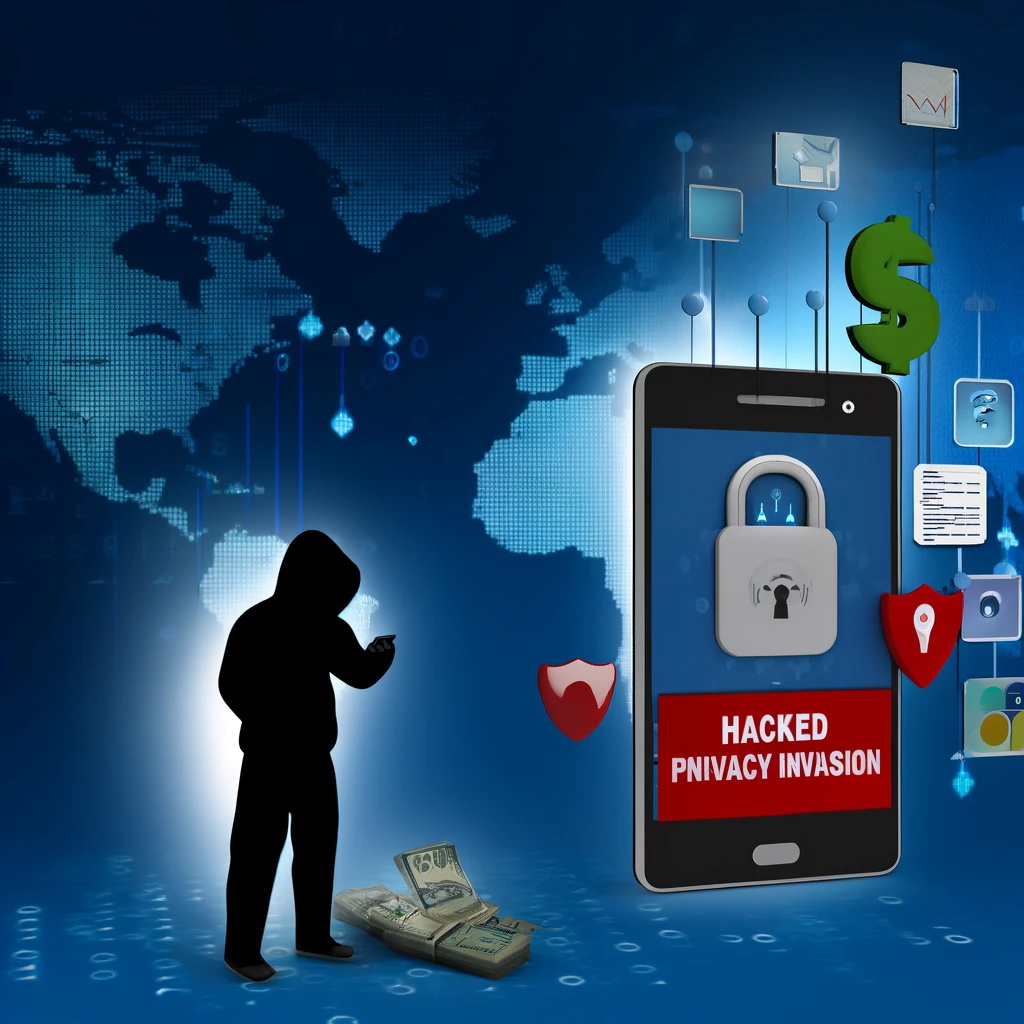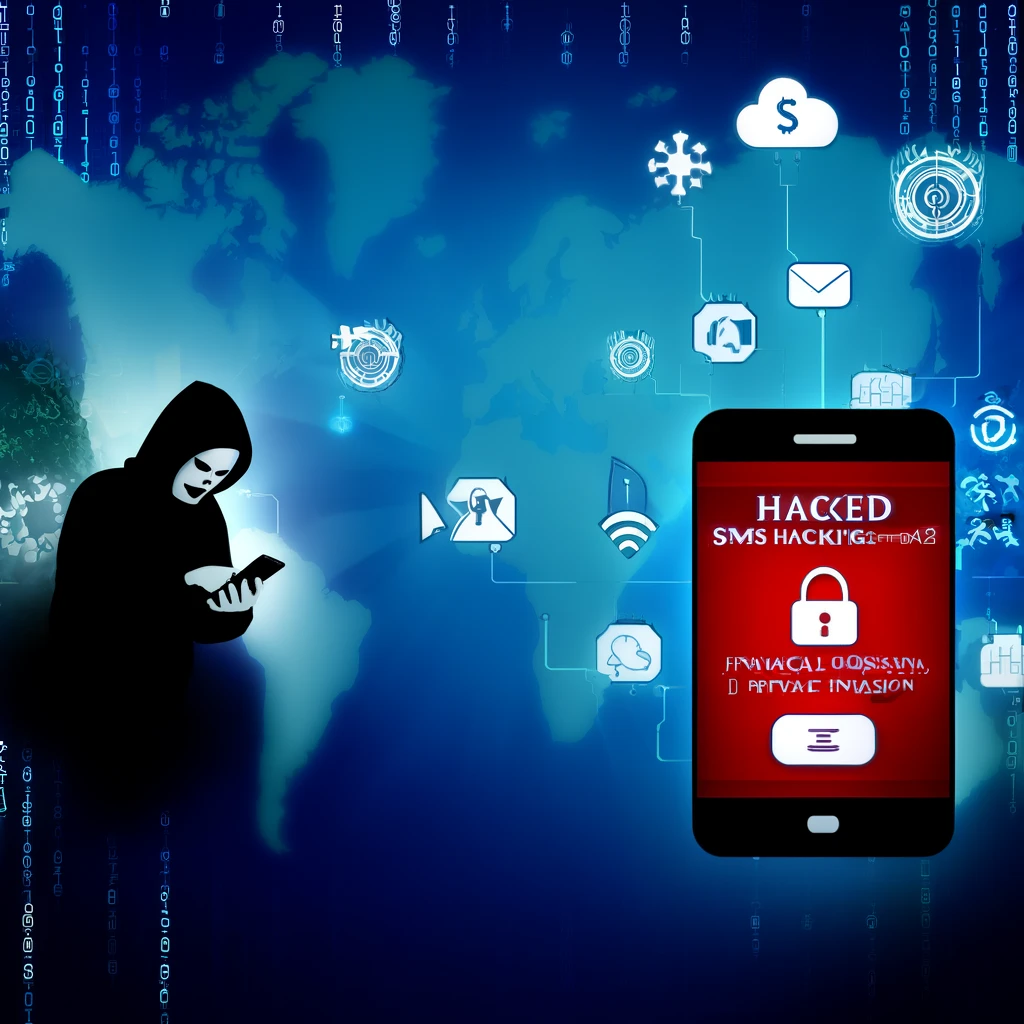
The potential damage of worldwide SMS hacking presents a multifaceted threat to global security, privacy, and economic stability. Short Message Service (SMS) is a widely used communication method, trusted by billions for personal conversations, business communications, and the authentication of online services. The ubiquitous nature of SMS, combined with often lax security measures, makes it an attractive target for hackers.

One of the primary risks of SMS hacking is the breach of personal privacy. Messages can contain sensitive information, including personal conversations, photos, and videos. If hackers gain access to this data, they can use it for blackmail, public shaming, or identity theft. The psychological impact on victims can be profound, leading to anxiety, depression, and even physical consequences due to stress.
Moreover, SMS hacking poses significant threats to financial security. Many financial institutions use SMS for two-factor authentication (2FA) to verify transactions. If hackers intercept these messages, they can gain unauthorized access to bank accounts, transfer funds, and steal financial information. The repercussions of such attacks can be devastating, not only for the individuals affected but also for the financial institutions that may face reputational damage and the loss of customer trust.
Businesses also stand to lose from SMS hacking, particularly those that rely on SMS for communication with customers or for the delivery of services. A breach could expose confidential business information, trade secrets, or sensitive customer data. Such incidents can lead to significant financial losses, legal repercussions, and damage to the company’s brand.
The integrity of online services and platforms is another concern. Many online accounts, from social media to email services, use SMS-based 2FA. Hackers who bypass this security measure can take over accounts, spread malware, or disseminate false information. The implications for misinformation and the manipulation of public opinion are considerable, with the potential to influence elections, markets, and international relations.
Furthermore, the scale of a worldwide SMS hacking campaign could overwhelm communication networks, disrupt services, and erode trust in digital infrastructure. In a worst-case scenario, critical infrastructure could be targeted, including emergency services, utilities, and transportation systems, leading to widespread chaos and endangering lives.
The international community faces significant challenges in combating SMS hacking. The decentralized nature of the internet, differences in legal frameworks across jurisdictions, and the anonymity afforded to cybercriminals complicate efforts to address the threat. Enhancing cybersecurity measures, promoting the adoption of more secure alternatives to SMS for authentication and communication, and fostering international cooperation are crucial steps in mitigating the risks.
The potential damage of worldwide SMS hacking is extensive, affecting individuals, businesses, and the fabric of society. The breach of privacy, financial theft, business disruptions, and the undermining of online security are just some of the consequences. Addressing this threat requires a concerted effort from governments, the private sector, and individuals to bolster defenses, adopt more secure technologies, and foster international collaboration.